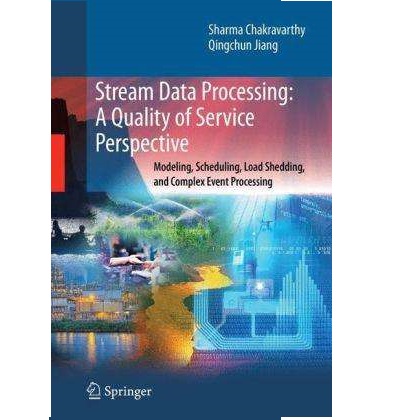Reactive software calls for instrumentation methods that uphold the reactive attributes of systems. Runtime verification imposes another demand on the instrumentation, namely that the trace event sequences it reports to monitors are sound -- that is, they reflect actual executions of the system under scrutiny. This paper presents RIARC, a novel decentralised instrumentation algorithm for outline monitors meeting these two demands. The asynchronous setting of reactive software complicates the instrumentation due to potential trace event loss or reordering. RIARC overcomes these challenges using a next-hop IP routing approach to rearrange and report events soundly to monitors. RIARC is validated in two ways. We subject its corresponding implementation to rigorous systematic testing to confirm its correctness. In addition, we assess this implementation via extensive empirical experiments, subjecting it to large realistic workloads to ascertain its reactiveness. Our results show that RIARC optimises its memory and scheduler usage to maintain latency feasible for soft real-time applications. We also compare RIARC to inline and centralised monitoring, revealing that it induces comparable latency to inline monitoring in moderate concurrency settings, where software performs long-running, computationally-intensive tasks, such as in Big Data stream processing.
翻译:暂无翻译




